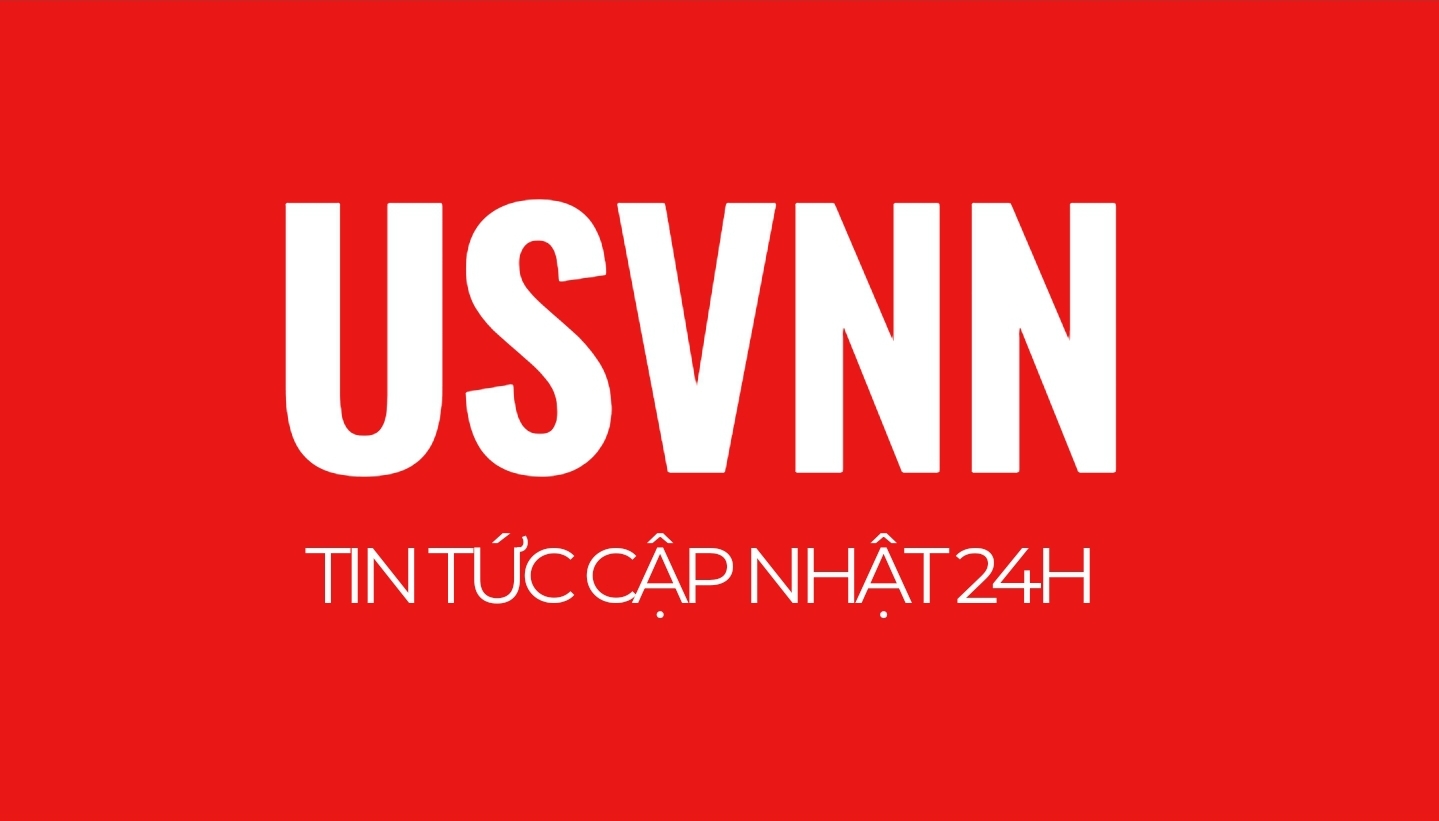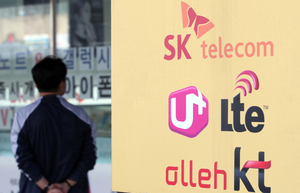Here is a rephrased 800-word summary in English, rewritten with clarity and flow suitable for a journalistic style:
South Korea is set to end its decade-long ban on handset subsidies on July 22, 2025, marking a significant shift in its telecommunications policy. This decision, confirmed by the Ministry of Science and ICT, repeals the Mobile Device Distribution Improvement Act of 2014—a law originally introduced to bring transparency and fairness to the country’s mobile phone market.
Initially, the Act aimed to protect consumers from unclear and inconsistent pricing practices. Before the law took effect, the same smartphone could be priced very differently depending on the seller or promotions, confusing consumers and raising concerns over equality. To standardize the system, the law mandated that carriers and manufacturers disclose subsidy amounts, capped overall discounts, and required that all retail outlets offer the same subsidies under identical terms. The Act also sought to prevent the illegal sale or export of lost or stolen phones.
Fundamentally, the law sought to curb what the government saw as excessive and unfair subsidy competition, which they claimed distorted the market and placed undue financial strain on telecom companies. Policymakers believed subsidies were being used as aggressive marketing tools, pulling company resources away from infrastructure improvements such as expanding network capacity. The hope was that by capping subsidies, the mobile industry would reallocate funds toward long-term innovation and investment.
However, over the years, perceptions of the law began to shift. While it successfully increased transparency and stabilized pricing, critics argued that it had several unintended consequences. By strictly enforcing limits on discounts, the law prevented telecom firms and retailers from offering competitive promotional deals—even on outdated or less popular phones. This rigidity not only prevented carriers from reacting to market shifts but also increased the financial burden on consumers who could no longer access deep discounts.
Moreover, critics say the law unintentionally favored South Korea’s three dominant carriers: SK Telecom, KT, and LG Uplus. Smaller providers, particularly mobile virtual network operators (MVNOs), struggled to maintain a competitive edge without the ability to use subsidies as a customer acquisition strategy. As a result, the law may have stifled innovation and reduced competitive pressure in the sector—a far cry from its original goal.
Acknowledging the changing dynamics in technology and consumer expectations, the South Korean government and National Assembly decided in late 2023 to repeal the Act. Key factors included the widespread adoption of 5G networks, a more mature smartphone market, and growing public concern over high monthly communication costs. Officials now argue that removing these restrictions will enhance market competition, potentially lowering costs and broadening consumer choice.
Once repealed, mobile service providers will no longer be legally bound to disclose subsidy amounts or adhere to maximum limits. However, to avoid disrupting consumer trust, carriers and retailers have pledged to voluntarily maintain transparency by publishing subsidy details online. Previously, retailers could offer “additional” subsidies up to 15% alongside official discounts; that restriction will also be abolished, providing greater pricing flexibility.
In practical terms, consumers can expect the return of aggressive marketing tactics, including significant handset discounts and even “zero-cost” phone deals bundled with specific plans—pricing strategies that had largely disappeared since the law’s enactment. As discriminatory pricing is now permitted again, subsidies may vary depending on the customer’s plan, contract length, or whether they switch carriers. Supporters believe this approach will reinvigorate market competition and drive down out-of-pocket costs for consumers.
Yet, this deregulation isn’t without potential risks. Consumer advocates caution that while big carriers may leverage their financial power to attract users with steep discounts, MVNOs and other smaller players could find themselves further marginalized. If these budget operators are squeezed out, the increased concentration of market power could lead to higher prices in the long run—contradicting the policy’s intent to foster healthy competition.
To guard against these risks, the government has pledged to maintain oversight through the Telecommunications Business Act and its enforcement ordinances. Under the new regulatory regime, companies must still treat consumers equally under the same conditions. That is, customers purchasing the same phone under identical contracts must be offered the same subsidy. In addition, handset manufacturers will still be required to report incentive payments to carriers and retailers to the Ministry of Science and ICT and the Korea Communications Commission (KCC), ensuring a baseline level of transparency.
Looking ahead, the termination of the 2014 subsidy law represents a major deregulatory move in South Korea’s approach to managing its advanced telecom sector. While the short-term effects are expected to be positive for consumers—particularly in terms of lower device prices and greater promotional options—the longer-term consequences for market diversity and pricing stability remain uncertain.
Ultimately, the shift reflects South Korea’s broader ambition to liberalize its digital economy, adapting regulation to match rapid technological and social changes. Beginning on July 22, 2025, the Korean mobile phone market will enter a new chapter—one defined by increased competition, dynamic pricing strategies, and a regulatory focus on ensuring fair play rather than strict control. Whether this results in sustained consumer benefits will depend not just on market forces, but also on how effectively the government balances deregulation with accountability.


